The African Union – African Peer Review Mechanism (AU-APRM) Network of Non -State actors is a platform comprising of individuals and institutions from the non-state sector with a common interest on improving governance in Africa.
The Network aims to provide an interactive platform for dissemination of work by experts and practitioners from the private and public sectors to inform APRM processes and facilitate implementation of the APRM’s recommendations in Africa. The network facilitates training of non-state actors towards building a community of organizations, research institutes and think tanks committed to strengthening AU member’s integration and socio- economic transformation to improve the quality of life of African Citizens.
Earlier today, the Kenya National Chamber of Commerce & Industry (KNCCI) Chief Executive Officer Mr. Samuel Matonda represented the organization in a panel discussion session on the role of the private sector in APRM economic and corporate governance assessments.
Mr. Matonda gave an overview of KNCCI’s organizational structure and its role in relation to the APRM such as; acting as an intermediary between government and the business community, facilitating commerce, trade and investments, presenting opportunities to aggregate indigenous issues and design policies fit for the local market.
As an active member of the Great Lakes and the Pan-African Chamber, we embody the African spirit that transcends to Governance Policy and policy and advocacy for its members, Said the CEO.
The private sector plays a critical role based on the APRM objectives by providing a platform for Dialogue between researchers, experts and Key stakeholders. KNCCI is already undertaking robust outreach through hosting hubs for specialized programs this can be backed up by the recent launch of the ICC-UNECA Centre of Entrepreneurship Africa which is an initiative that will foster development skills of young people who face uncertain employment prospects.
The Kenya Chamber of Commerce can leverage on its partners in 177 countries to Increase the influence and contribution of think-tanks and research institutes in policy-shaping & formulation.

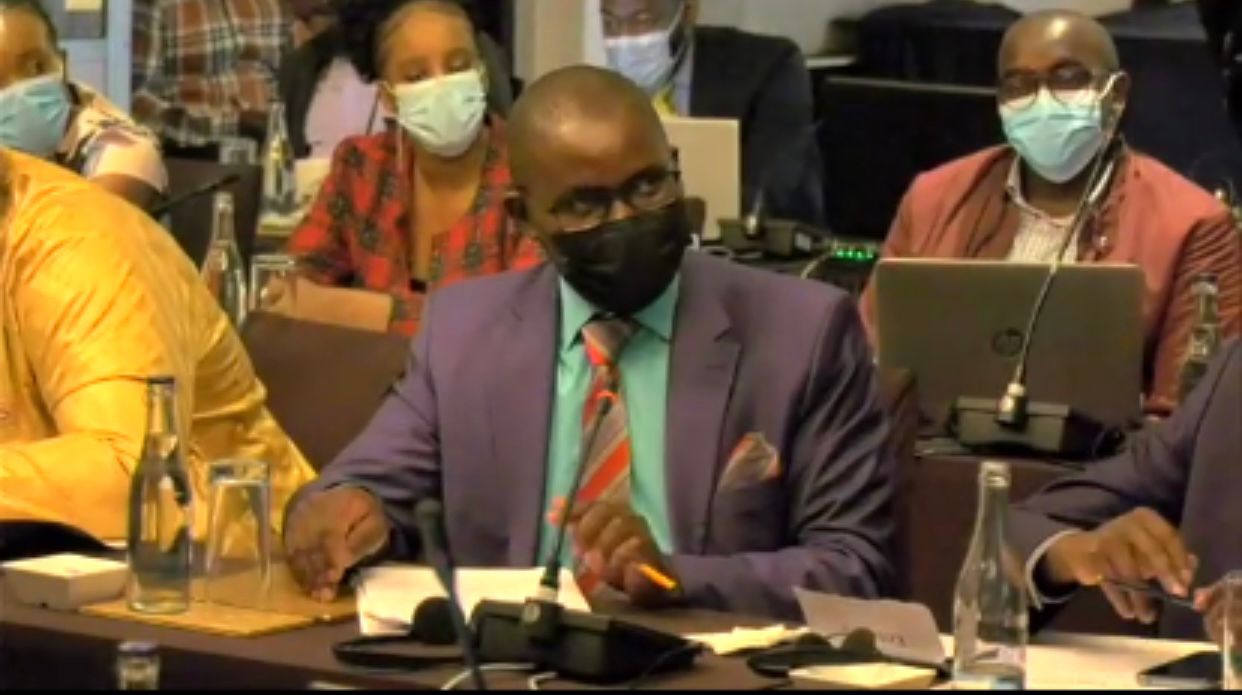
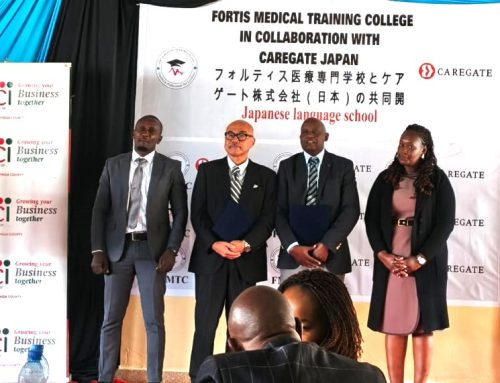
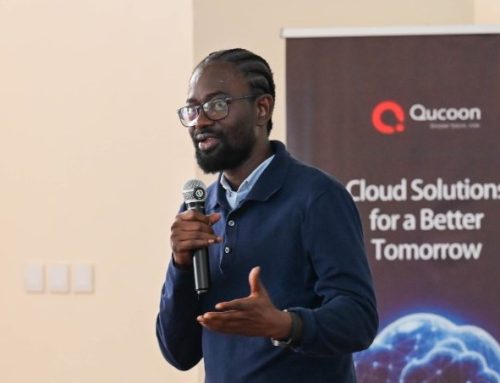
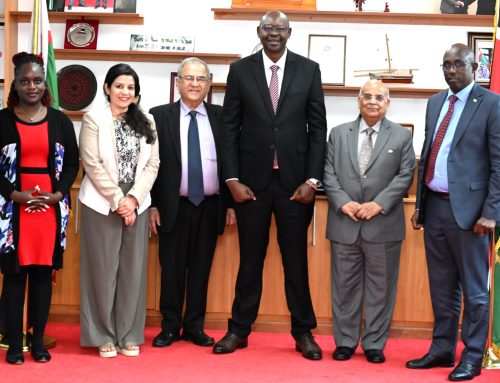
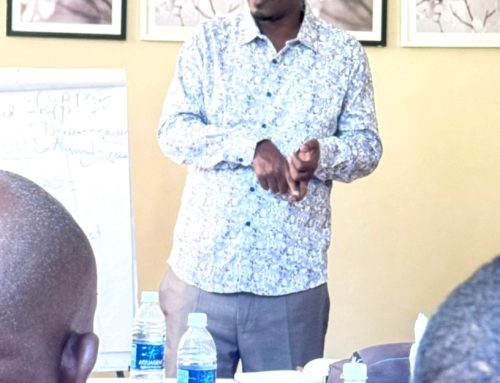
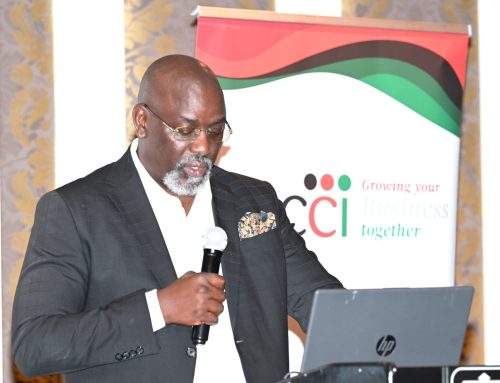
Leave A Comment